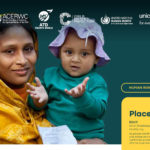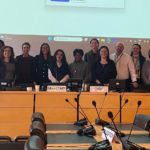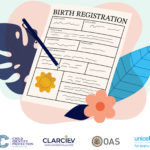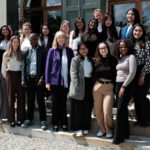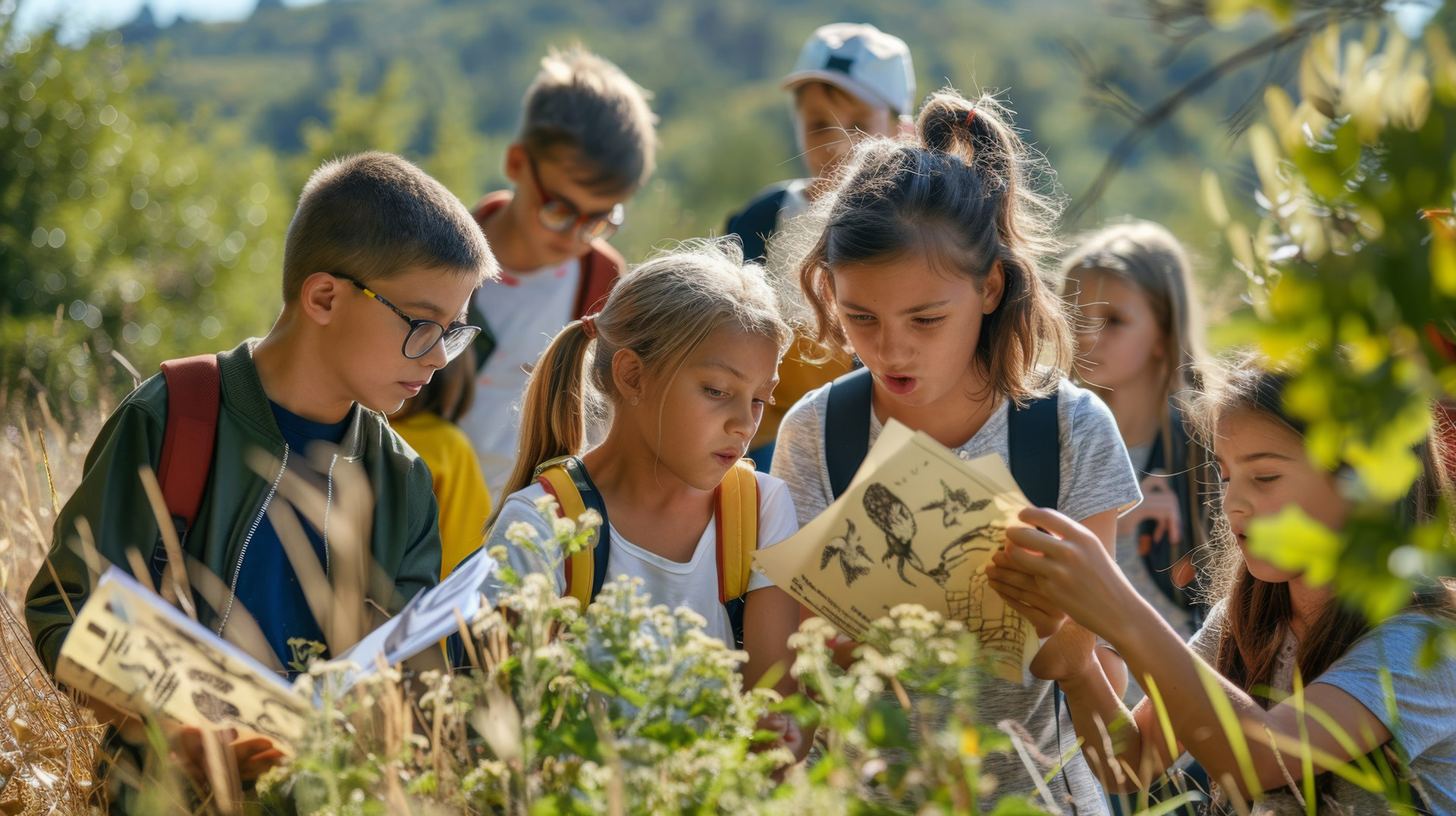
Inputs for the preparation of the first session of the Open-ended intergovernmental working group on an optional protocol to the Convention on the Rights of the Child concerning the right to education
The Identity Rights Working Group (IDRWG)[/][1] – co-chaired by the Institute on Statelessness and Inclusion and Child Identity Protection – welcomes the opportunity to provide inputs for the preparation of the first session of the Open-ended intergovernmental working group on an optional protocol to the Convention on the Rights of the Child concerning the right to education. The organizations within the IDRWG represent a wide range of civil society groups and UN agencies working with marginalized children, and/or on related issues, who are excluded from education for many reasons, often linked to their lack of legal identity or nationality.
Research increasingly shows that in the early years of a child’s life (ages 0–8 years), the brain develops at a rapid pace, with 85% of the brain development being completed between 3-6 years old[/][2]. These initial stages of a child’s life – occurring prior to compulsory primary education – are crucial for building cognitive, social, and emotional abilities;[/][3]and when properly nurtured, will form the foundation for learning and developing skills that will help children to thrive throughout their lives.
Despite strong evidence showing the positive impact of pre-primary education on children’s overall development, more than 175 million pre-primary-aged children worldwide remain out of school[/][4]. This submission examines the intersection between lack of legal identity and nationality, and the impact on the enjoyment of other rights, specifically the right to education. In response to the specific questions raised under the call for inputs, this submission will focus on the following issues:
- The main barriers to free public pre-primary education (in law, policy, and practice) and the impact on the rights of the child;
- The main barriers to free public secondary education (in law, policy, and practice) and impact on the rights of the child;
- Examples of innovative/sustainable financial mechanisms to support the full and effective implementation of public pre-primary and secondary education to all children;
- Examples of steps Governments are currently taking to remove barriers and make public pre-primary and secondary education available free to all, including through the allocation of adequate resources and cross-sectoral and international cooperation.
FOOTNOTES
[1] The Identity Rights Working Group (IRWG) brings together more than 25 civil society organizations and international agencies working across the child protection and child rights landscape, united by a shared commitment to advance children’s identity rights. Our members work in diverse contexts and are connected through the intersecting issues of the right to legal identity and nationality.
[2]United Nations Convention on the Rights of the Child (art. 29)
[3] UNICEF, A World Ready to Learn: Prioritizing quality early childhood education, 2019; available at https://www.unicef.org/reports/a-world-ready-to-learn-2019
[4] Ibid.
- 28 May 2025


